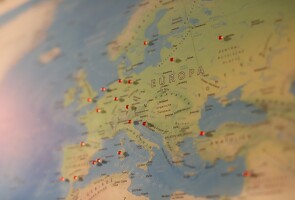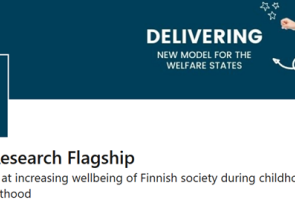Sociology
Sociology is a general social science that studies the relationships between individuals and society. It examines social relations and institutions, conditions of action that society provides for individuals and groups, and how these conditions change. Sociology has also a critical task: it deals with grievances and contradictions and the struggles and interpretations related to them.
History of Sociology at the University of Turku
The chair of Sociology at the University of Turku is the oldest one in Finland. It has been established in 1926.
Professors
Uno Harva (1926–1949)
Esko Aaltonen (1951–1963)
Yrjö Littunen (1963–1964)
Antti Eskola (1965)
Erkki Asp (1968–1995)
Ari Haavio (1970–1995)
Seppo Pöntinen (1997–2010)
Harri Melin (2003–2008)
Hannu Ruonavaara (2010–)
Jani Erola (2012–)



